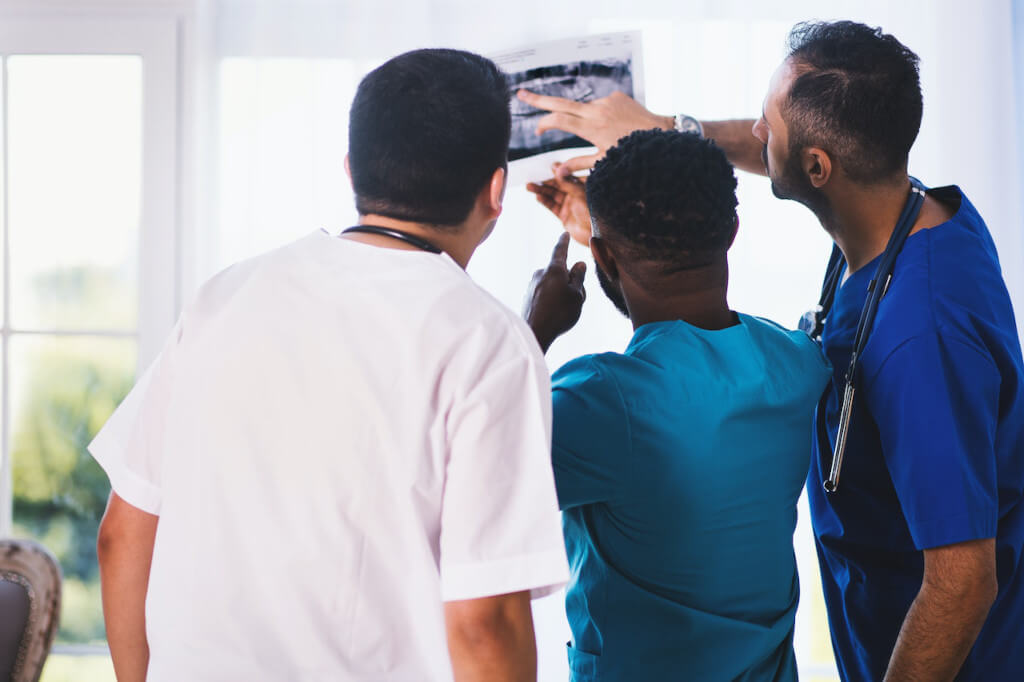Managing one’s sexual health in South Africa may be a challenging endeavor. Find out everything you need to understand about healthcare, including how to get treatment, how to prevent pregnancy, and more.
South Africans’ Perspectives on Sexuality and Sex Life in General
In South Africa, as is the case in other nations, people hold a variety of perspectives regarding sex, sexuality, and sex education. You can frequently find examples of progressive attitudes; for instance, South Africa became the first nation on the planet to protect the law to all, regardless of their sexual orientation. In addition, over eighty percent of the people who took part in a study conducted by a university stated that they would abstain from sexual activity if their partner did not agree to use a condom. Nevertheless, the same report refers to the persistent issue of Sexual abuse as well as the disapproval of having sexual relations before marriage.
When it comes to perspectives on issues about the LGBTQ+ community, attitudes are comparable to those held in the United States and some European countries. A majority of people, approximately 59 percent, believe that same-sex spouses should be permitted to marry, and an additional 12 percent believe that they should be permitted to have some type of recognition.
The availability of care and perceptions toward sexuality still have room for improvement, and more work needs to be done in both of these areas. As a result, there are many non-governmental organizations (NGOs) working on issues relating to education, reproductive health, activism, and more. Organizations that support disadvantaged genders and sexual orientations, organizations that fight HIV/AIDS, and organizations that educate people about sexual health are examples of these types of groups.
The Process of Gaining Access to Sexual Health Services
In South Africa, people can access services for sexual health through the public healthcare system, the private healthcare system, a variety of independent clinics, and non-governmental organizations (NGOs). These include a variety of testing and therapy initiatives, contraception access, and even family welfare and consultation in some instances.
In addition, residents of South Africa, regardless of their nationality, have access to all of the country’s sexual health services. If you do not intend to pay for the clinic visit in advance, the majority of medical facilities require patients to present some form of identification and insurance information.
The National Health Insurance Program for Reproductive and Sexual Healthcare
In South Africa, certain elements of sexual health are addressed by the country’s public healthcare system. Oral contraceptive pills, certain pap smears, HIV testing, and certain STI tests are all examples of what this category encompasses. The right to contraception that is all of the following—safe, easily accessible, and reasonably priced—is guaranteed by the constitution of South Africa. On the other hand, private insurance policies typically cover a wider variety of diagnostic procedures, therapeutic options, and prescription drugs.
On the contrary, health insurance for reproductive care is a little bit more complicated. Even though childbirth and maternity care are typically covered by both government and private insurance, the coverage levels can vary greatly from plan to plan. In addition, the majority of policies do not pay for procedures such as egg freezing or IVF. The following international health insurance companies offer coverage in South Africa:
Contraception Services Provided by Allianz Care and Cigna Global in South Africa
In South Africa, access to contraception is relatively easy to obtain. Although the contraception prevalence rate among many women of reproductive age is 64.6%, data about the various methods of contraception can be difficult to locate at times. However, those who desire it have access to a wide variety of methods of birth control to choose from. The following is a list of some common methods of contraception, along with the locations where they can be purchased.
Male Condoms
Male condoms can be purchased at pharmacies, grocery stores, and even some corner shops, and they are sometimes provided free of charge at government facilities.
Oral Contraception
Pills taken orally to prevent pregnancy can be obtained through private medical care for a fee; however, the public healthcare system may provide access to certain brands of these pills at no cost. Before you can purchase them from pharmacies, you are required to have a prescription from your physician.
Implants
The Implanon implant is not covered by the public health system and will cost significantly more if obtained privately. Only medical professionals, such as gynecologists and doctors, are authorized to dispense Implanon.
IUDs
These are extremely efficient at preventing pregnancy and can be worn for a period of up to 12 years at a time. However, it’s more costly than the other choices, and it is only obtainable through the services of medical professionals such as gynecologists and doctors.
Injectable Contraception
Injectable medications are provided at no cost by the public healthcare system but can be purchased at a price from private providers. Injections can only be obtained through medical professionals like doctors and gynecologists.
The Morning After Pill
This pill is an affordable method of emergency contraception that can be purchased from both pharmacies and medical professionals.
The government of South Africa committed in 2012 to improve the contraception policies and programs that it administers. By way of illustration, the primary healthcare clinics run by the Western Cape Government Health provide patients with access to family planning services, such as the provision of contraceptives and education. Marie Stopes is just one example of the many private practices and non-governmental organizations (NGOs) that provide services related to family planning.
The Discussion About Pregnancies
In South Africa, sexual healthcare encompasses all aspects of family planning as well as pregnancy and childbirth. Even though the public healthcare system and government hospitals provide reasonably priced maternity care, many pregnant ex-pat women opt to deliver their babies in private hospitals instead. Despite the potential financial burden, the quality of care provided is significantly improved. You should make it a point to visit the possible birthing centers you are considering and to ask as many queries as you can think of before deciding on a clinic to give birth in.
Throughout your pregnancy, you will be subjected to regular ultrasounds; however, the scans will typically occur between 11 and 13 weeks, and then again between 18 and 22 weeks. In addition, the vast majority of pregnant women in South Africa are given an injection of tetanus toxoid (TT) during their pregnancies. You can get ready for the birth of your child and learn how to care for them by enrolling in one of the many antenatal classes that are offered.
Abortion and Its Practice in South Africa
Abortions, which have been legal in South Africa since the country’s democratic election in 1996, are a component of South Africa’s sexual health system. Up until the 13th week of pregnancy, a woman can obtain an abortion without being required to provide a reason, regardless of her age or whether or not she is in a relationship. After this date, it is still feasible to obtain an abortion, but doing so will be subject to stricter regulations. These can be obtained for free at public hospitals, through private clinics, and also at women’s-specific medical facilities that provide healthcare services.
STIs and STDs
In South Africa, sexually transmitted infections (STIs) are a concern for sexual health. There were 5.8 million new instances of chlamydia reported in South Africa in the year 2017, making it the most prevalent sexually transmitted infection (STI) in the nation. Gonorrhea and syphilis are also caused for concern, as each year there are 4.5 million new cases of gonorrhea and 70,675 new cases of syphilis. This prevalence can be attributed to several factors, including a scarcity of training and education among residents as well as those working in the medical field, as well as restricted or costly access to treatment and screening options.
Seeking Help From a Healthcare Professional
Testing for sexually transmitted infections can be quite pricey in South Africa. Better2Know provides a price list for a variety of screenings, and individuals can also contact Marie Stopes to obtain information regarding payment options. On the other hand, people can get free treatment for sexually transmitted infections (STIs). It is important to keep in mind that you will be required to pay for the testing out of pocket if your private healthcare insurance does not cover it through your primary care physician or gynecologist.
South Africa’s struggle with HIV/AIDS
HIV and AIDS are two of the most significant issues relating to sexual health in South Africa. The HIV prevalence rate in the country is 12.6%, and as of 2017, approximately 7.06 million people were living with HIV in the country. Nonetheless, the government has launched several initiatives that focus on HIV and AIDS prevention programs. These include providing free HIV tests at public clinics, providing free antiretroviral treatment to anyone who receives a positive test result, and preventing the transmission of HIV from mothers to children.



